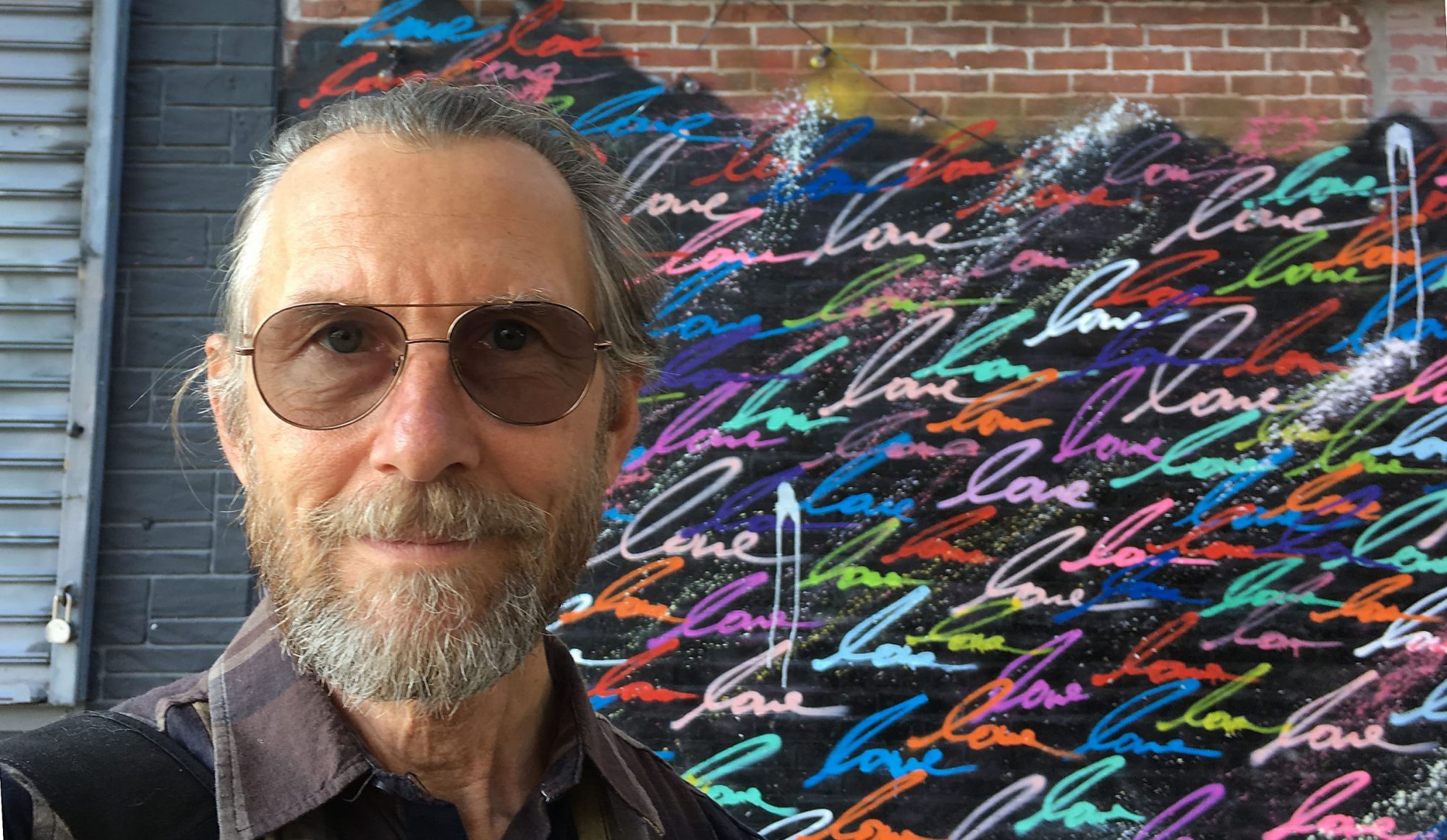To be a good teacher is to meet students where they are and help them reach their potential. To be an artist, and perhaps that would be best pronounced in it’s French translation, artiste, may be to engage in the too painful act of casting pearls before swine.
That is the opinion of what turns out to be the one-in-two protagonists of Theresa Rebeck’s Seminar, now at the Golden Theatre, directed by Sam Gold and starring Alan Rickman. The play begins by setting a foursome of ambitious young writers against a tyrannical “genius” novelist, editor, and journalist in a 10-week highly select writing seminar. Each of the foursome is a stereotype: the rich, white, feminist; the vixen who seems to relish doing what it takes; the well-connected mover and shaker; the holier-than-it-all artiste who won’t sully his writing with mere mortals’ eyes. The great cast brings the types to humanity, though, and brings an insider’s understanding of the hearts and souls of those who, as Kate, played by Lily Rabe, says, keep civilization from anarchy.
Ms. Rebeck’s writing manages to touch on the core of the professional writer’s challenges while keeping the characters utterly believable, blending idealism and human fragility — and it gives the delightful Alan Rickman a deep vein of passion to fuel his trademark world-weariness.
 The beauty of Seminar is that while the topic is potentially of interest of to only a couple hundred budding writers, the play brought laughter and delight to a varied Broadway audience who recognize the contribution of writers to culture: the screenwriter, the sensationalist, the memoirist, and yes, even the artiste, the Jane Austen of our era, who evokes a greater possibility to the tune of post-modernism, magical realism, or whatever-ism, from the precise use of language. We are interested in what makes artists tick — how do they spill their guts when there are numerous threats to their sense of self-worth from doing so?
The beauty of Seminar is that while the topic is potentially of interest of to only a couple hundred budding writers, the play brought laughter and delight to a varied Broadway audience who recognize the contribution of writers to culture: the screenwriter, the sensationalist, the memoirist, and yes, even the artiste, the Jane Austen of our era, who evokes a greater possibility to the tune of post-modernism, magical realism, or whatever-ism, from the precise use of language. We are interested in what makes artists tick — how do they spill their guts when there are numerous threats to their sense of self-worth from doing so?
Jerry O’Connell shined as Douglas, finding a perfect reaction to being called a “whore,” when also told that his talent was undeniable. Hettienne Park and Lily Rabe also found wonderful expressions of their types, whose characters ultimately find their own truths. But Hamish Linklater, as Martin, had nowhere to hide, all saw his dread of exposure. It was only when pushed to the wall that he dared bare/share his soul. Through that act, his parallel to Professor Leonard emerges, and ultimately leads to the play’s delightful conclusion.
This production reminded me of the classic style of play commented on in industry gems, such as “All About Eve.” The play provided hope for the future of literature.
